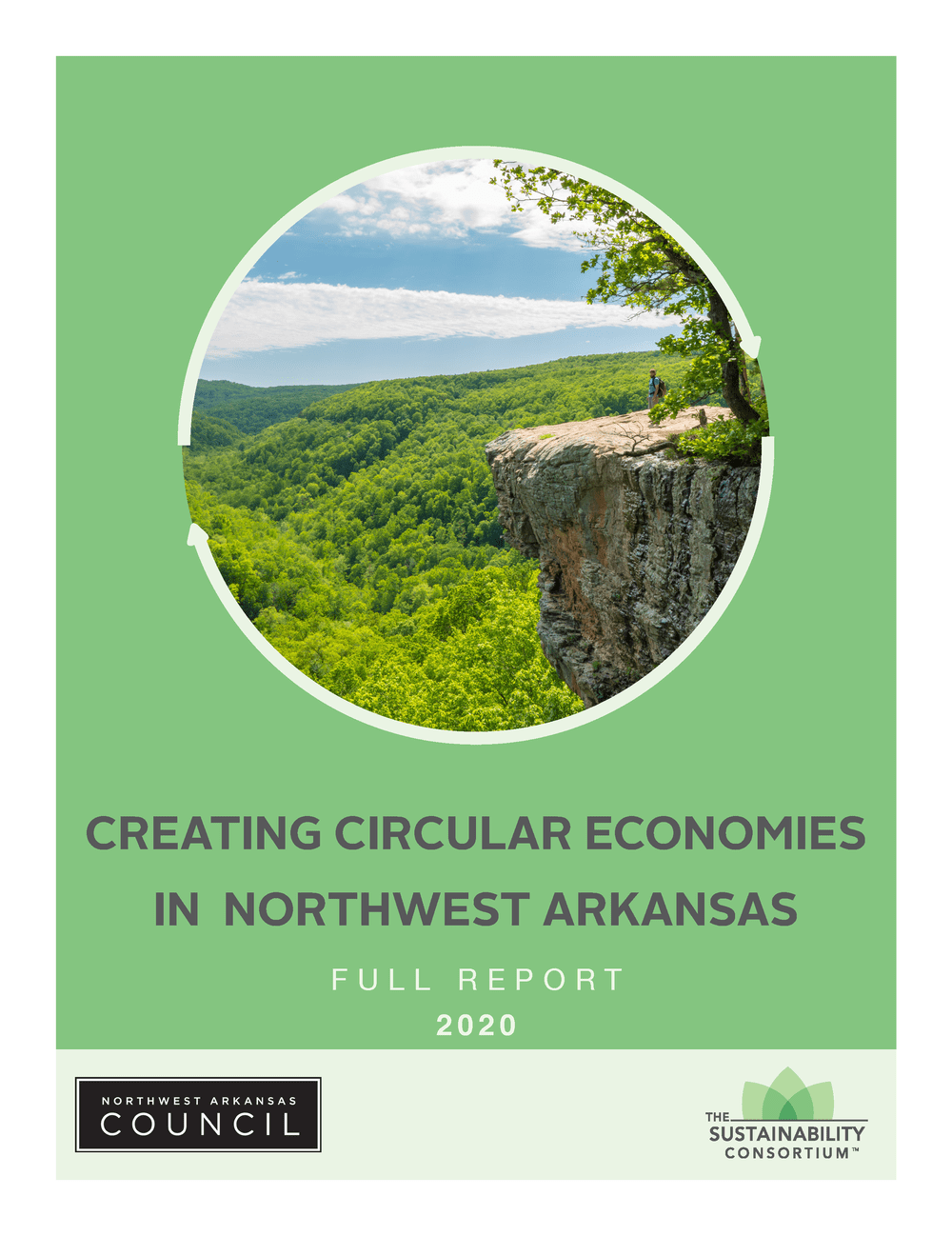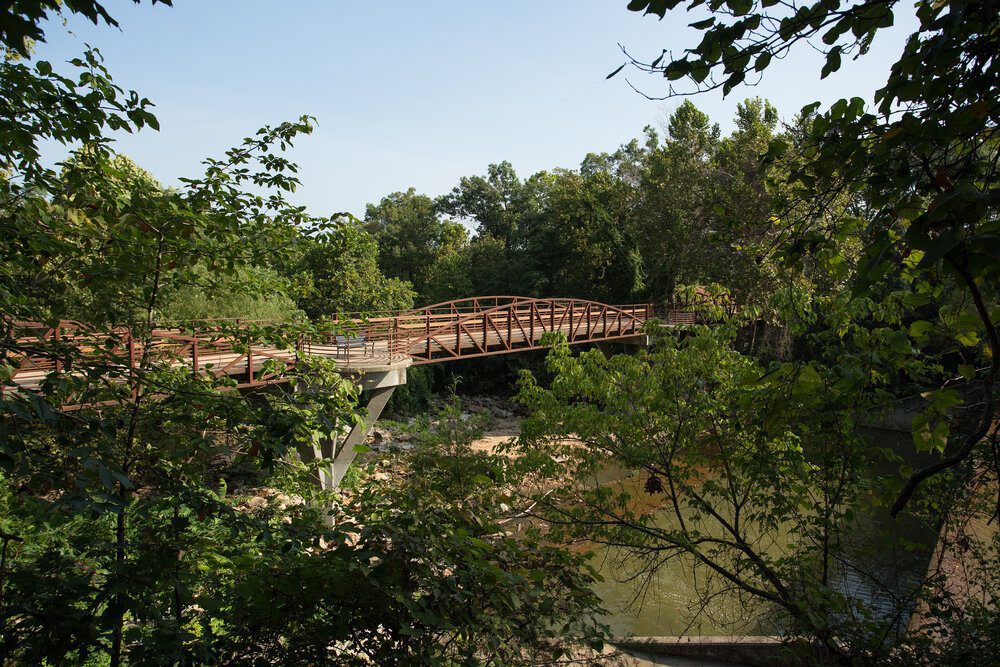
Northwest Arkansas communities have invested in recycling infrastructure, but more needs to be done to increase the volume, coordinate the flow and create local markets for recycled material, a new study concludes.
“Creating Circular Economies in Northwest Arkansas” was completed by The Sustainability Consortium (TSC) and funded by the Walmart Foundation (Walmart.org).
As part of its Greater Northwest Arkansas Development Strategy, the Northwest Arkansas Council is working to ensure regional collaboration as a way to more effectively pursue big-ticket, infrastructure goals, including recycling. The Council commissioned the study to provide a better understanding of the pathways available and to identify actions and opportunities for sustainable development based on the circular movement of recycled and recovered materials in the Northwest Arkansas region.
“What is most needed are efforts to coordinate between recycling programs and facilitate the creation of a common vision for circularity that will improve the efficiency, transparency, trust and volumes needed to increase circularity in the region,” said Sarah Lewis, TSC’s senior director of innovation. “What’s helpful toward achieving that is the innovative efforts happening in the material management space in Northwest Arkansas.”
The study recommends:
-
Setting up a Northwest Arkansas materials exchange. No Northwest Arkansas community has a materials exchange, and establishing a regional exchange would allow cities, companies and others with collected material to notify buyers that recycled material is available for sale. The Council, the Benton County Solid Waste District, the Boston Mountain Solid Waste District or another party agreed upon by those entities should create the exchange.
-
Improving data collection and clarifying reporting requirements. The Arkansas Division of Environmental Quality (DEQ) asks cities to share recycling information each year, but not all recycling programs do the reporting. The Northwest Arkansas Council should work the state to ensure the data is collected, using a standardized reporting template created by TSC as part of this project.
-
Strengthening recycling and trash collection contracts. Northwest Arkansas cities are inconsistent in what they expect of companies that haul trash and collect recycled materials. The two solid waste districts should work with cities to improve the contracts, and that includes taking steps to increase transparency by requiring companies to periodically report how much recyclable material was collected, where the material was sent and how it was used.

The full list of recommendations is available in the report.
“We’re thrilled to support the Northwest Arkansas Council’s effort to better understand the region’s current sustainability practices,” said Erin Hogue, director of community operations and Northwest Arkansas giving for Walmart.org. “This report will be a great asset in helping the region identify areas where strengthening recycling opportunities is needed.”
The study area included Benton, Madison and Washington counties, which are served by the Benton County and Boston Mountain solid waste districts. It focused on the city- and solid waste district-owned material streams created for residential sources. The year-long study was complicated work given the complexities of two dozen local governments in rural and urban areas as well as two solid waste districts, DEQ and private companies all interested in strengthening recycling opportunities.
The Council, recognized for its excellence in coordinating and pressing for regional collaboration over its 30 years, is working with the solid waste districts to bring increased consistency in recycling and cost-efficient, waste reduction actions across Northwest Arkansas.
Nelson Peacock, the Northwest Arkansas Council’s president and CEO, said the Council will work to achieve recommendations made by TSC in the study.
“We’re already communicating with the solid waste districts to identify appropriate next steps based on the Creating Circular Economies in Northwest Arkansas study,” Peacock said. “What’s clear is cities and companies that recycle in our region are interested in a collaborative approach. The Council and solid waste districts intend to work together to facilitate more opportunities for partnerships.”























